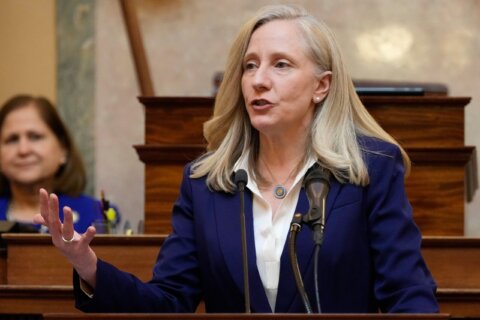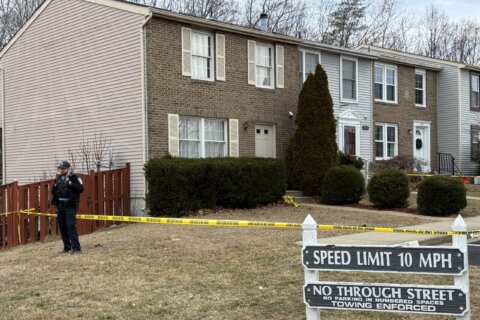This article was reprinted with permission from Virginia Mercury.
The Virginia Board of Education on Thursday adopted changes to how the state handles compliance complaints regarding students with disabilities.
Since 2019, Virginia has been under ongoing investigation by the U.S. Department of Education, which previously determined that the state repeatedly failed to resolve complaints filed by parents and did not have “reasonably designed” procedures and practices to ensure a timely resolution process for those complaints.
The regulatory changes, which would align Virginia with federal regulations, replace standards that had not been updated since July 29, 2015.
“We’re all committed to ensuring that our special education populations, their families, and students are receiving everything and more that they need to be successful,” said board president Grace Creasey at the board’s meeting on Thursday.
On March 13, the U.S. Department of Education’s Office of Special Education Programs provided the Virginia Department of Education with a report identifying areas where the commonwealth’s regulations were noncompliant with the federal Individuals with Disabilities Education Act.
During its investigation, the office found the state did not meet federal requirements to identify and correct noncompliance issues and confidentiality requirements.
Virginia is required by federal law to provide all students with disabilities a “free and appropriate public education” through personalized plans under the Individualized Education Program.
Nearly 181,000 Virginia students with disabilities currently receive this service, nearly 7,000 more students than did a year ago.
As part of a legislative and budget package, Gov. Glenn Youngkin is considering measures that would create immense changes to improve how the state provides special education services.
According to the special education legislation that passed the General Assembly, the legislation calls for the state to create a system to oversee the development and use of IEPs for students with special needs. It would also require more training for educators on how to provide inclusive special education instruction.
The governor is also considering a total of $4.4 million over the next two years to establish eight regional special education family support centers, to provide professional development opportunities to school staff, and to enable ongoing special education coaching at schools.
Regulatory changes
Some of the regulatory changes consist of replacing words such as “local educational” agency with “public” agency and amending definitions of “business day,” “calendar day,” and “complaint” to align with federal regulations and OSEP guidance.
Other changes will require the Virginia Department of Education to determine on a case-by-case basis what information must be withheld when resolving a complaint filed by someone other than the child’s parent if the parent has not consented to the release of the child’s personally identifiable information.
Under the previous regulations, Virginia’s law did not allow for a case-by-case determination as to whether non-personally identifiable information can be shared with a non-parent complainant, and was inconsistent with federal regulations.
The board also agreed to amend the regulations to clarify that mediation is available “to parties to any dispute arising under the [Individuals with Disabilities Education] Act.”
In survey responses, parents of students with disabilities told researchers from the Joint Legislative Audit and Review Commission, the state’s legislative watchdog, that they were not being adequately informed of the state-level resources available to them for resolving disputes with their child’s school.
While the discussions in meditation processes are confidential and may not be used in court, the board removed the requirement for parties to sign a confidentiality form before any meditation begins.
Lisa Coons, superintendent of public instruction, said in her response to the federal office that a workgroup formed under the state agency developed the 2024 Roadmap for Special Education, a plan informed by two outside experts’ evaluations and recommendations.
The plan outlines the creation of a team that reports directly to the state’s superintendent of public instruction, tasked with monitoring how school divisions provide special education services and assisting them as needed.
“We are committed to ensuring that all in Virginia receive high-quality instruction, with strong systems of parent and family engagement, prioritized monitoring and support, as well as an emphasis on post pathways for all learners,” Coons wrote in response to the federal office.







